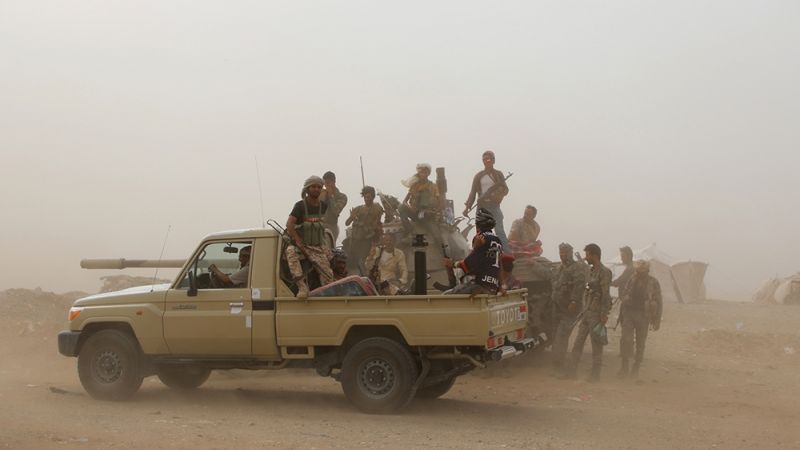
Local Editor
Scores of civilians have been killed or injured in the Yemeni port of Aden over the past few days, the UN has reported. The surge of violence came as the Saudi-led coalition fights for control against its UAE-backed former allies.
As many as 40 civilians have been killed and 260 others injured in Aden, a large port in southern Yemen, since last Thursday, the UN’s humanitarian coordinator reported on Sunday citing preliminary reports. Lise Grande said it was “heart-breaking that during Eid al-Adha, families are mourning the deaths of their loved ones instead of celebrating together in peace and harmony,” referring to the holy day celebrated by Muslims all over the world.
The UN statement came as the Saudi-led coalition reported on Sunday striking the forces loyal to the Southern Transitional Council (STC), which seized the presidential palace in Aden’s Crater district earlier this week.
The STC and the Saudi-led coalition share an enemy in the Houthi revolutionaries in northern Yemen but have opposing agendas for the future of the country. The coalition seeks to put resigned President Abd-Rabbu Mansour Hadi back in power while the STC wants the southern part of Yemen to be an independent nation, the way it was before the 1990 unification that followed decades of hostilities.
The United Arab Emirates are part of the coalition forces, but also back the STC, having armed and trained thousands of fighters loyal to the separatist movement. The government of Hadi, which is based in Riyadh, branded the STC take-over in Aden a UAE-sponsored coup and called on the Emirati leadership to withdraw their support of the group.
The clashes between the STC and the coalition started on Wednesday after the separatists accused an Islamist party allied with the Hadi regime of being behind a missile attack on their forces. The falling-out among anti-Houthi forces adds to the already complex and devastating multilateral conflict, which has resulted in the world’s worst humanitarian disaster.
Yemen is in dire shortage of basic supplies. Nearly 80 percent of its 28 million population are in need of some form of humanitarian assistance, with destruction of civilian infrastructure by coalition bombings and air and naval blockades imposed by it being major factors in the civilian suffering.
Source: News Agencies, Edited by Website Team